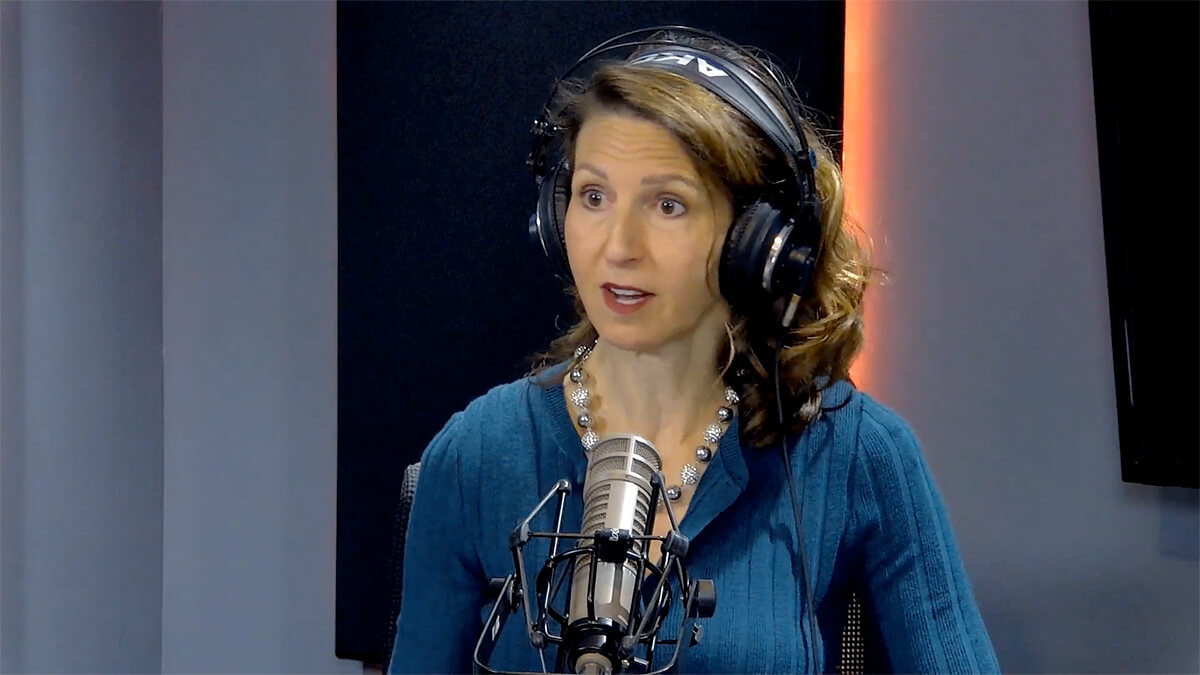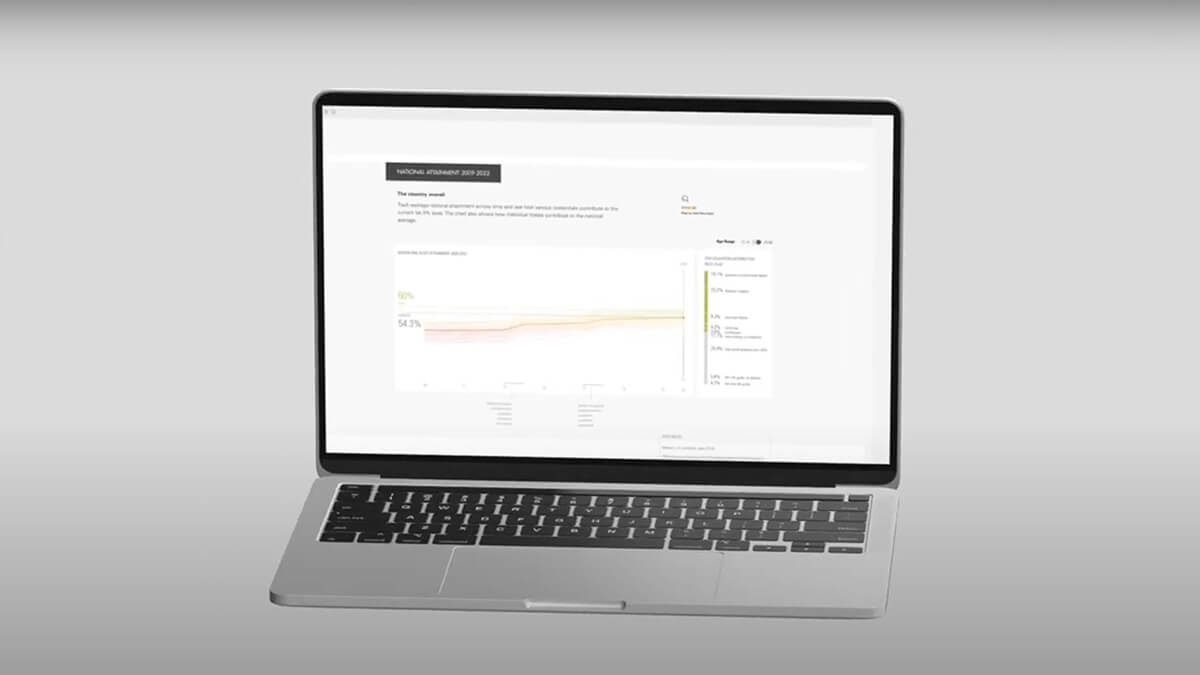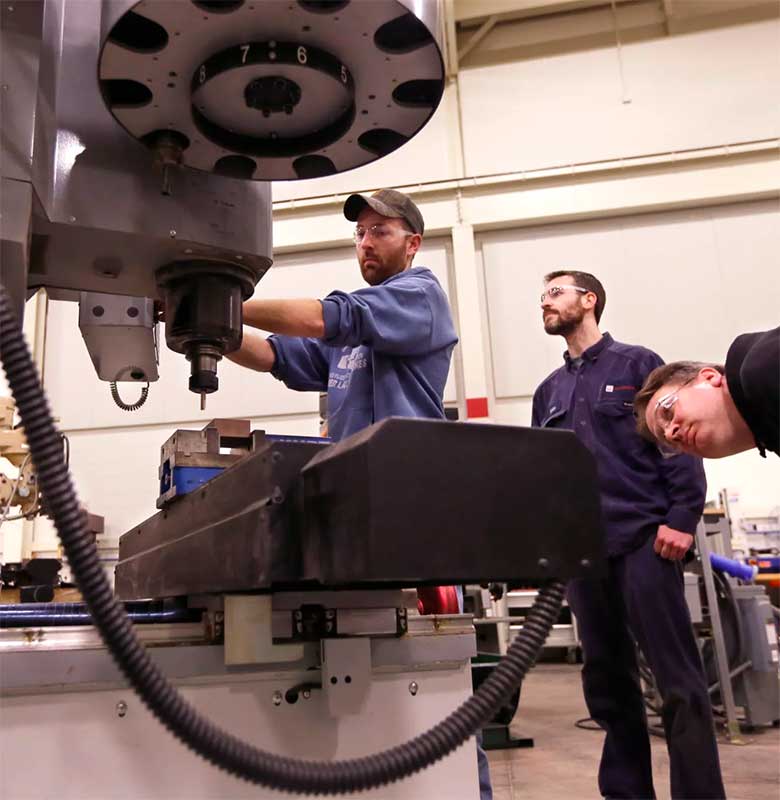U.S. Education Levels
See current attainment levels in the data tool: A Stronger Nation
To realize this level of education, business, community, education, and government leaders must rethink and restructure education and training systems. Over time, colleges and universities and training providers have created exceptional opportunities for some individuals and groups while failing to offer real opportunity for economic opportunity and social mobility to others–many of whom are Black, Hispanic, Latino, and Native American. Economic shifts, technological advancements, and demographic changes are among reasons American leaders and society must do better.
Americans support higher learning
Most Americans believe going to college or earning an industry-recognized certification helps people get ahead economically. A survey by Public Agenda found that 75 percent of Americans—including majorities who affiliate with both political parties—believe that if more people in their states had college educations, their ability to earn good livings would be higher. American also recognize higher learning creates real opportunities for personal growth and development, exposing them to new ideas and perspectives, helping them think critically, and providing them with opportunities to pursue interests and passions.
An ambitious national goal
Society’s need for talent has never been more urgent. The U.S. job market has undergone significant changes within the past few decades. Work that used to require only a high school diploma now requires either college or workforce training. By 2020, about two-thirds of jobs in the United States demanded some form of education or training beyond high school. Going on after high school increases an individual’s chances of finding satisfying work with livable wages. People with a college education or training that resulted in a degree, certificate, or industry-recognized certification typically earn more than individuals with high school diplomas. According to the National Center for Education Statistics, in 2019 the median earnings of young adults with bachelor’s degrees were 62 percent higher than for high school graduates who did not continue their educations.
Labor economists say at least 72 percent of adults should have a college degree, certificate, industry-recognized certification, or another credential of value. To achieve this education level, business, community, education, and government leaders must restructure education and training systems that have created exceptional opportunities for some individuals and groups while leaving others behind, including many Black, Hispanic, Latino, and Native American adults. Higher education offers social mobility for people from disadvantaged backgrounds, allowing them to emerge from generational poverty and realize better standards of living for themselves and their families.












